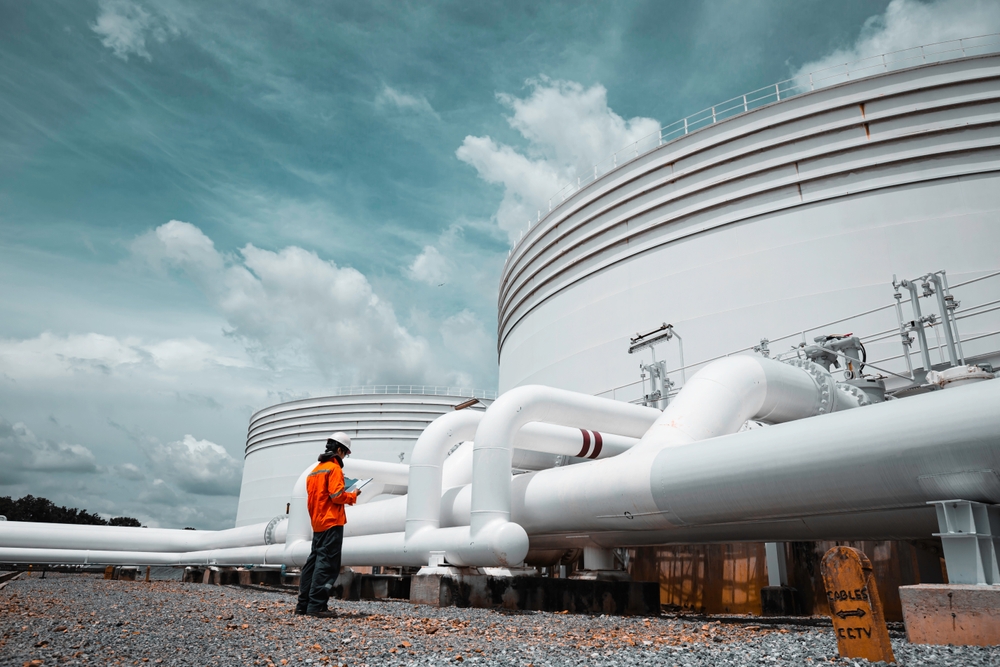

This course deals with pipeline integrity, inspection, and maintenance operations in the oil and gas industry specifically in relation to how such systems are made and kept safe. It describes measures for the surveillance of pipeline condition, assessment of deterioration of its structures and effectiveness of maintenance designed to avoid possible leaks, corrosion and other failures, as well as industrial requirements and standards.”
| City | Start Date | End Date | Fees | Register | Enquire | Download |
|---|---|---|---|---|---|---|
| Kuala Lumpur | 23-06-2025 | 27-06-2025 | 4950 $ | Register | Enquire | |
| Cape Town | 30-06-2025 | 04-07-2025 | 5600 $ | Register | Enquire | |
| Dubai | 07-07-2025 | 11-07-2025 | 4300 $ | Register | Enquire | |
| Amsterdam | 14-07-2025 | 18-07-2025 | 6200 $ | Register | Enquire | |
| Prague | 21-07-2025 | 25-07-2025 | 6200 $ | Register | Enquire | |
| London | 28-07-2025 | 01-08-2025 | 6200 $ | Register | Enquire | |
| Amsterdam | 04-08-2025 | 08-08-2025 | 6200 $ | Register | Enquire | |
| Casablanca | 11-08-2025 | 15-08-2025 | 4950 $ | Register | Enquire | |
| Madrid | 25-08-2025 | 29-08-2025 | 6200 $ | Register | Enquire | |
| Jakarta | 01-09-2025 | 05-09-2025 | 4950 $ | Register | Enquire | |
| Casablanca | 08-09-2025 | 12-09-2025 | 4950 $ | Register | Enquire | |
| Barcelona | 15-09-2025 | 19-09-2025 | 6200 $ | Register | Enquire | |
| Dubai | 22-09-2025 | 26-09-2025 | 4300 $ | Register | Enquire | |
| Cairo | 29-09-2025 | 03-10-2025 | 3950 $ | Register | Enquire | |
| Dubai | 06-10-2025 | 10-10-2025 | 4300 $ | Register | Enquire | |
| Kuala Lumpur | 13-10-2025 | 17-10-2025 | 4950 $ | Register | Enquire | |
| Singapore | 20-10-2025 | 24-10-2025 | 5500 $ | Register | Enquire | |
| Casablanca | 27-10-2025 | 31-10-2025 | 4950 $ | Register | Enquire | |
| Manama | 03-11-2025 | 07-11-2025 | 4400 $ | Register | Enquire | |
| Casablanca | 10-11-2025 | 14-11-2025 | 4950 $ | Register | Enquire | |
| Prague | 17-11-2025 | 21-11-2025 | 6200 $ | Register | Enquire | |
| Dubai | 24-11-2025 | 28-11-2025 | 4300 $ | Register | Enquire | |
| Barcelona | 01-12-2025 | 05-12-2025 | 6200 $ | Register | Enquire | |
| Casablanca | 08-12-2025 | 12-12-2025 | 4950 $ | Register | Enquire | |
| Cairo | 15-12-2025 | 19-12-2025 | 3950 $ | Register | Enquire | |
| Paris | 29-12-2025 | 02-01-2026 | 6200 $ | Register | Enquire |
In the current oil and gas operations, pipeline systems enhance operational efficiency. This training course on oil and gas pipeline integrity, inspection, and maintenance offers insight into the key characteristics crucial for effective pipeline operation across all engineering disciplines.
Participants will study how pipelines work with flow-moving devices, such as pumps and compressors, and explore the characteristics of pump and compressor stations.
The course will focus on critical inspection points for gas pipelines and the relevant API standards testing procedures. More detailed cleaning methods and other maintenance activities, such as component repair for failure prevention, will also be addressed. Ensuring reliability at all times is a constant concern within the oil and gas pipeline industry.
The main purpose of this course is to prepare professionals interested in advancing their knowledge of pipeline integrity, with a focus on the latest inspection and maintenance practices while encapsulating safety aspects within the industry.
At the end of this oil and gas pipeline integrity, inspection, and maintenance course, participants will be able to:
Unit 1: Overview of Technical Characteristics of Pipelines
Unit 2: Operation & Material Deterioration
Unit 3: Operation & Safety Management
Unit 4: Maintenance Technologies and Processes
Unit 5: Functional Testing and Monitoring in Operating Conditions
Unit 6: Environmental Impact Assessment and Energy Efficiency & Sustainability Enhancement
Unit 7: Advanced Technologies & Innovations

.jpg)

.jpg)
.jpg)














